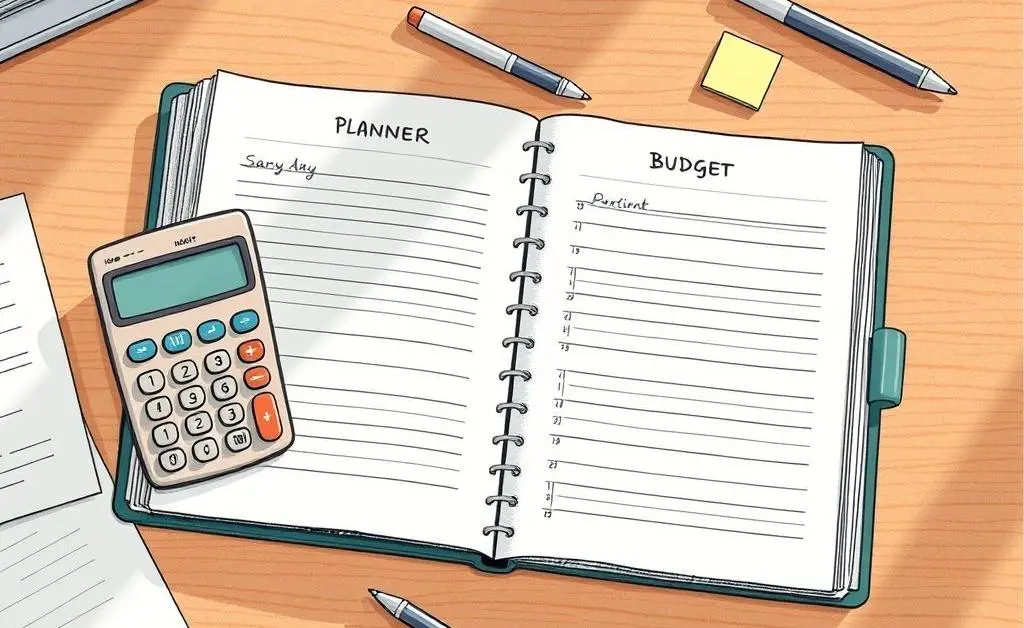How to Achieve Financial Peace-of-Mind
Explore practical tips for achieving financial peace with our friendly guide on budgeting, investing, and planning for the future.

Have you ever wondered what it truly feels like to have financial peace of mind? Imagine waking up each morning without any financial anxiety, knowing that your budget is under control and your savings are steadily growing. It might seem like a dream, but with some practical steps, it's a reality you can achieve.
1. Start with a Solid Budget
Creating a budget might sound like basic advice, but it's the cornerstone of financial stability. A friend of mine recently told me about how she'd always been afraid of budgeting because it seemed restrictive. However, she soon discovered that it was more about empowerment than limitation. Here are a few steps to start:
- Sit down with a cup of your favorite brew and list all your sources of income.
- Track your expenses meticulously for a month. You'll be surprised where your money goes!
- Set realistic spending limits for each category, ensuring you allocate a portion to savings and investing.

2. Invest in Your Future
Investing can be intimidating, but it's a powerful way to grow your wealth over time. A calm approach is key. My neighbor, despite his fear of risk, started with small amounts and diversified his portfolio. Here's how you can begin:
- Do some research on beginner-friendly platforms and start with funds that match your comfort level.
- Consider investing in index funds, which offer diversification and have historically performed well.
- Keep emotions out of it; staying the course is often the best strategy.

3. Plan for the Long-Term
Thinking about the future can sometimes be daunting, but planning for it can relieve stress. Setting aside time to outline your long-term goals affects your current and future peace. Whether it's saving for a rainy day, or planning for retirement, having a clear picture helps.
If you're starting late, don't worry; start with what you can manage and build gradually. Consult with a financial advisor if necessary, to identify the best retirement accounts and investment opportunities suitable for your lifestyle.

Achieving Financial Peace Requires Patience
Ultimately, achieving financial peace is a journey, not a sprint. Regularly check in with your goals and be gentle with yourself if you stray occasionally. Remember, the goal is progress, not perfection.
So, what are your thoughts? How do you approach financial peace in your life? Share your insights in the comments below!




